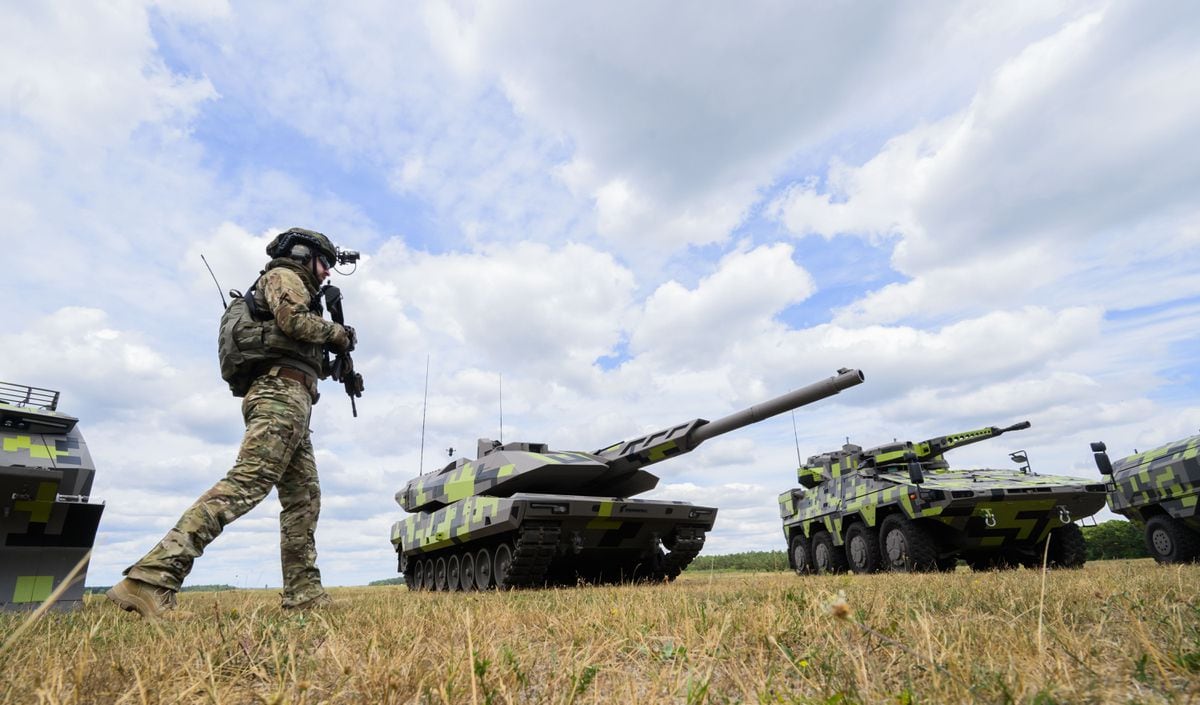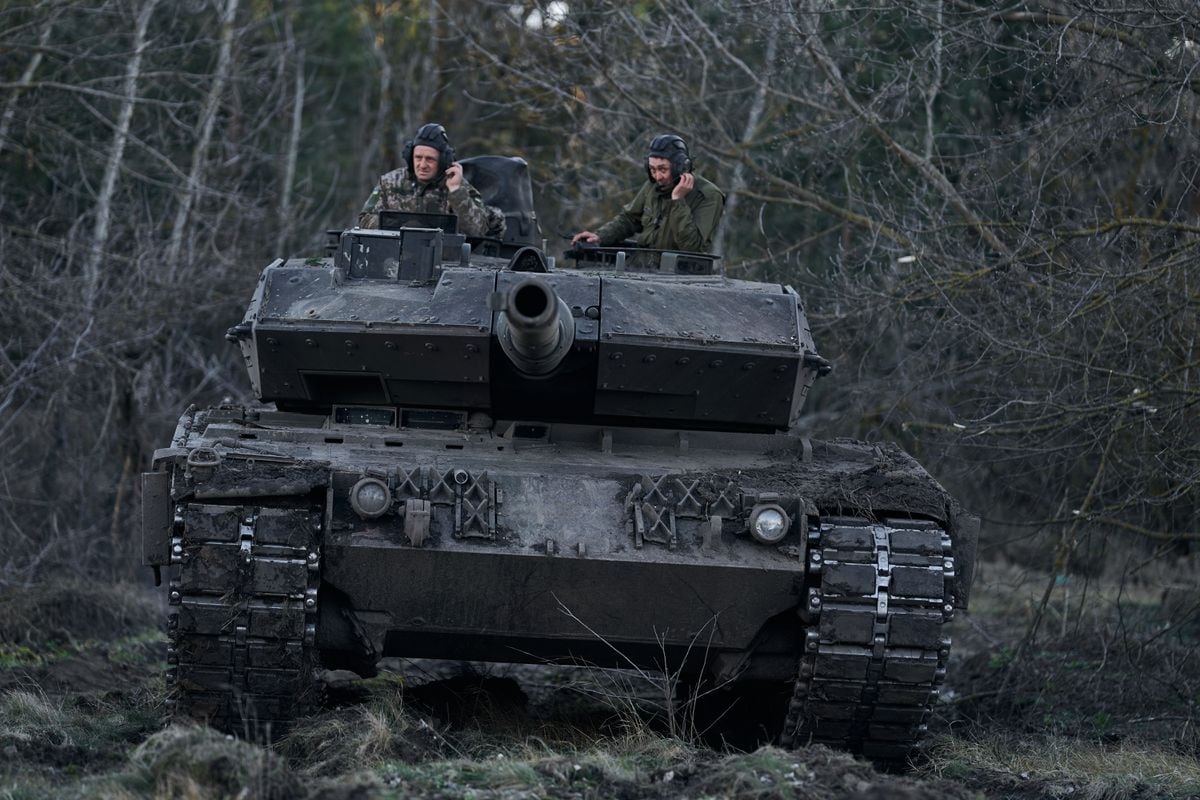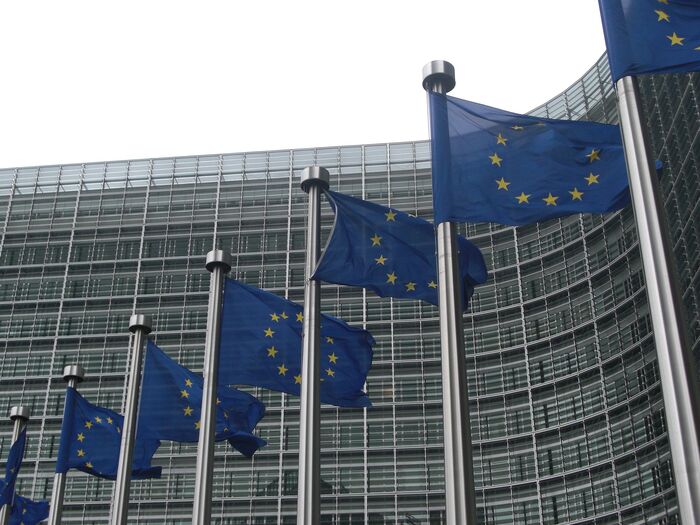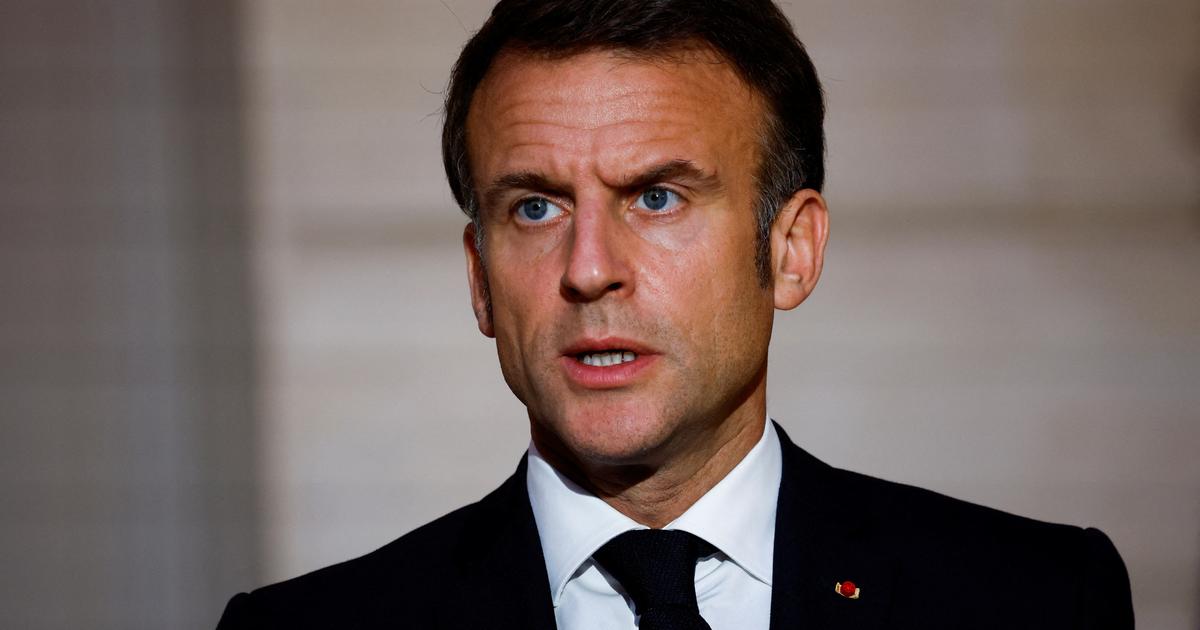With the anticipation of a long war in Ukraine and the awakening to large-scale aggression by the Kremlin, the European Commission is finalizing the creation of a platform for joint arms purchases.
Brussels thus launches an instrument to help member states urgently replenish their arsenals, depleted by the shipment of material to Ukraine, and puts 500 million euros on the table over two years to encourage them to do so in a coordinated manner.
The objective is that with centralized purchases the countries —which are also increasing their defense budgets— avoid duplicities and rivalries, achieve better prices and plant the seed for longer-term plans.
With the first joint purchases, Brussels, which is settling on a central role in the military until recently unthinkable for the community institutions,
Member States' participation in the program will be voluntary, and joint purchases will be coordinated by a working group.
The new mechanism, which is expected to be approved this week, follows the diagnosis of the capabilities and shortcomings of the European armies made by the Commission in May, which has revealed large gaps, and is also a way of covering them while urging the Governments of the 27 Member States to reinforce their capacities when the old Continent is going through its most serious security crisis since the Second World War.
The plan looks in the mirror of what was learned with the joint purchases of vaccines against covid-19, which was launched urgently to deal with the pandemic.
Also in the coordination between the countries to supply Ukraine with weapons in the face of the invasion ordered on February 24 by Vladimir Putin, which has revealed the cracks in the European security architecture in a continent that has been cutting defense funding —among Between 1999 and 2021, defense spending in the EU as a whole increased by 20% compared to 66% in the United States, 292% in Russia and 592% in China, according to data compiled by the Commission.
Now, after the Russian aggression,
Rearm the arsenals
With the first 500 million euros, Brussels provides an economic stimulus to respond to the most urgent needs: rearm the arsenals —mainly ammunition, light weapons and perhaps portable missile systems— and the replacement of systems inherited from the Soviet era in various Eastern countries.
The idea is that unified purchases stimulate the European defense industry, although now only France and perhaps Italy have large-scale competitive potential to meet urgent needs.
Hence the debate on what conditions and under what scheme manufacturing companies must be registered (totally European, with factories in Europe or with subsidiaries in countries of the Union?) in order to participate in joint European purchases of a material that is needed practically already.
Europe,
The Commission wants this first launch of joint purchases to be the norm and not the exception.
In the medium term, the body chaired by Ursula von der Leyen considers that the mechanism will also help reinforce air and anti-missile defense systems.
The platform will pave the way, Brussels believes, to create a framework for the joint procurement of defense material in the autumn, when it proposes a regulation for the European Defense Investment Program and the rules for the participation of multinational consortia that may be exempt from VAT.
Brussels wants countries to spend more on defense, better and together.
Defense and the energy crisis
As Brussels prepares to give the green light this week to the first joint arms purchase project, the funds to support Ukraine have not yet been unblocked: only 1,000 million euros of the last package of 9,000 promised to kyiv have been unfrozen.
Arms shipments are also slowing as the invasion marks 145 days on Monday.
The war and the energy crisis, with the shadow of a cold and turbulent winter due to the risk that the Kremlin will cut off the gas tap to pressure the EU countries and make support for the Ukrainians suffer, will mark the semester that presides over the Czech Republic, long eurosceptic until the arrival of the government coalition of the conservative Petr Fiala and one of the countries that has most demanded support for the Government of kyiv in the face of Putin's aggression.
The eastern country has sent handguns, rockets, medical equipment, ammunition, heavy weapons, Soviet-designed combat vehicles and helicopters worth some 150 million euros.
Prague will work to increase cooperation between the EU and NATO and proposes the signing of a declaration of cooperation in areas such as mobility and space, as explained by the Czech Defense Minister, Jana Cernochová, to a group of journalists in Prague a few days ago.
"A strong Europe is needed," said Cernochová, who spoke of "intensifying cooperation" with the Atlantic Alliance and "avoiding duplication."
In this scheme of a "strong" Europe, the Government of Petr Fiala will give priority during his presidency to investment in Defense.
He advocates drawing up more plans to support small and medium-sized security and defense companies and that the industry is not included in the new European taxonomy project, which proposed including them among the unethical and socially harmful sectors, which would make it difficult for them to access loans. and projects.
The debate on when to start the reconstruction of Ukraine
With Russia systematically bombing eastern Ukraine, seeking to advance on Donbas and launching attacks on civilians and key infrastructure, the debate over when to begin the country's reconstruction, supported by the European Union and kyiv's other Western partners, is on the table.
Czech Prime Minister Petr Fiala believes that the reconstruction of Ukraine and its army must begin without waiting any longer.
"Russian aggression is having consequences for all of Europe," Fiala said a few days ago at a meeting with journalists in Prague.
The Czech Republic holds the rotating presidency of the EU until the end of the year and Prime Minister Fiala is committed to putting the reconstruction of Ukraine at the top of his agenda.
Other voices are much more pragmatic and suggest waiting.
Private companies seeking to participate in the reconstruction – for which the EU has so far promised 6,400 million euros in specific aid – will also have difficulties to face the work in a country at war, especially due to the conditions of the insurers .
But Prague believes that reconstruction, together with Ukraine's resilience, is one of the key drivers for the eastern country, devastated by the military aggression launched by the Kremlin, which has shaken the foundations worldwide.
The EU is also looking for the right mechanism to provide funding in the form of grants, loans or a hybrid model.
Follow all the international information on
and
, or in
our weekly newsletter
.
50% off
Exclusive content for subscribers
read without limits
subscribe
I'm already a subscriber




/cloudfront-eu-central-1.images.arcpublishing.com/prisa/Z6ZRII4DCQHR3STPMYZMCKBRI4.jpg)




